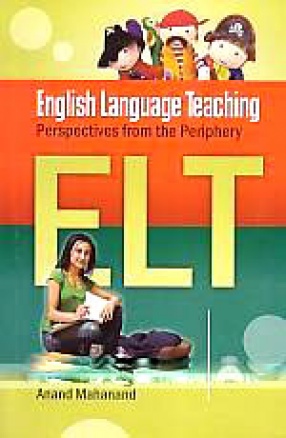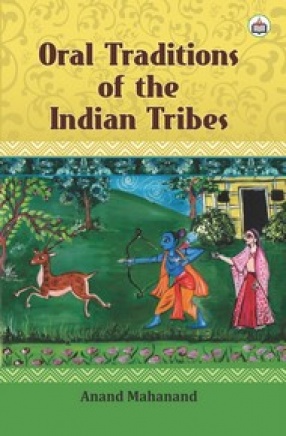
Anand Mahanand

Showing all 8 books

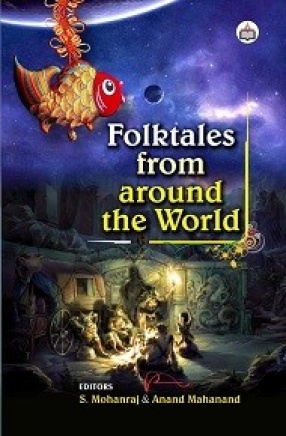
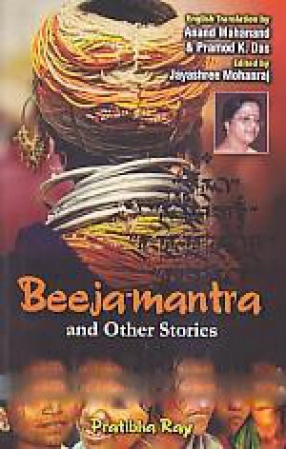
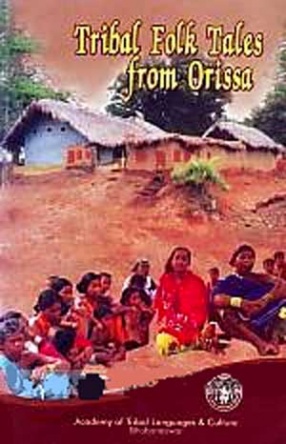

Oral traditions are genres that come to us from our ancestors through words of mouth. They include forms such as songs, myths, tales, chant, riddles, proverbs and so on. They are a continuing and vibrant tradition. They help us connect to the past, knowledge, traditions, rituals, medicines and world views. In this sense, they are a major source of knowledge of arts, crafts, belief systems and forms of social learning. The tribals of India are rich in oral ...

The present book is a product of long standing informal research which involved listening to different people who were able to narrate stories, record them and rewrite them using simple language to provide access at large. The sources are numerous, grandparents, village elders, fellow travelers, students, colleagues and occasionally what was read at odd places. In fact, the collection here reflects a microcosm of several stories available in the world over. Going ...
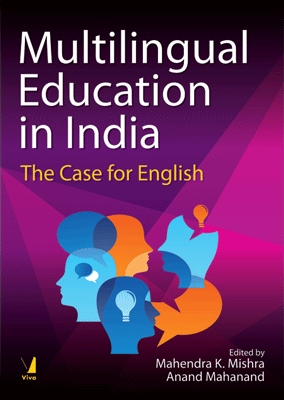
Multilingualism is a unique cultural and historical feature of India. lndian thinking looked at the world as a family and respected differences and identities. While monolingual nations considered multilingualism a problem, it remained the natural condition for various domains of life in India. In recent times, multilingualism has come to be recognized as an invaluable asset and resource by educationists and policymakers paving the way for a new educational ...

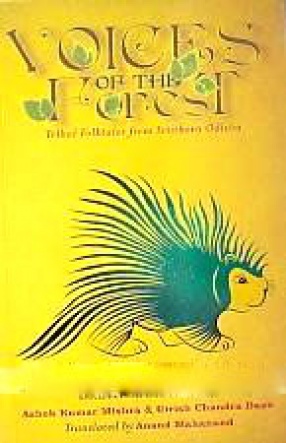
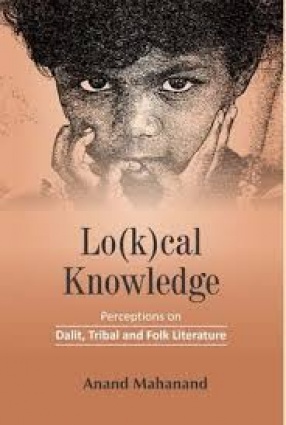
This book aims to analyze the different aspects of dalit, tribal and folk literature, with special reference to India. Focusing on the literature of the marginals, it examines the nature of dalit and tribal literature by making critical assessment of literary works of Laxman Gaikwad, Basudev Sunami, C. K. Janu and Narayan.
Further focusing on folk traditions, it deals with the folktales of Raj Bora Sambar, performative traditions of the Gondas and nature of ...
